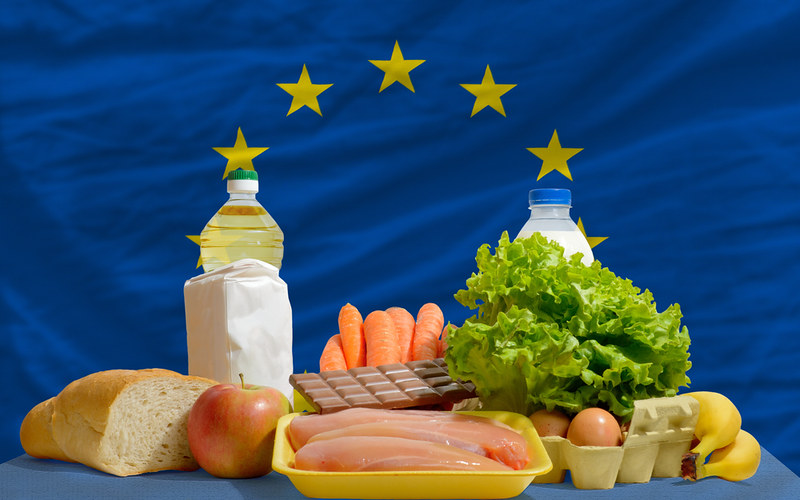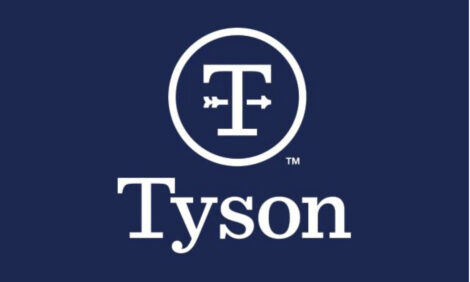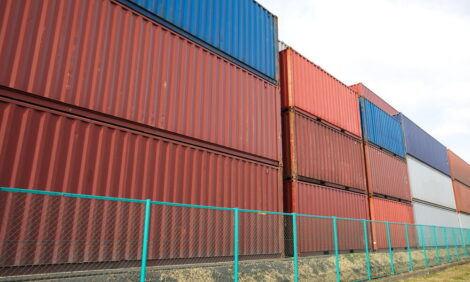



EU Commission adopts food contingency plan
The plan will ensure citizens do not face food shortages in times of crisisFollowing the COVID-19 crisis and as announced in the Farm to Fork Strategy, the EU intends to step up coordination at European level to ensure citizens do not face food shortages during crises.
The contingency plan, adopted 12 November, acknowledges the overall resilience of the EU food supply chain, identifies existing shortcomings, and puts forward actions to improve preparedness at EU level. To do this, the Commission will establish a European Food Security Crisis preparedness and response Mechanism (EFSCM), a group of food supply chain experts coordinated by the Commission to exchange data, practices and strengthen coordination.

The current health crisis has shown the resilience of the agricultural, fisheries, aquaculture, and food sectors, avoiding that the health crisis also resulted in a food security crisis. To support these sectors, the EU took exceptional measures.
The Common Agricultural Policy (CAP) and the Common Fisheries Policy (CFP), for instance, provided tools to counter market imbalances or producers' cash flow issues. Furthermore, to ensure the movement of goods and of essential workers in the single market, the Commission established green lanes and published guidelines that enabled close coordination between Member States for smooth border crossings.
The announcement acknowledged the need for further improvement in some areas to continue to ensure food supply and food security in times of crisis.
With the growing impact of climate change and environmental degradation on food production, as well as risks related to public health, cyber threats or geopolitical shifts threatening the functioning of the food supply chain, an EU contingency plan for food supply and food security is ever more relevant.
Key to improving EU preparedness, this contingency plan embraces a collaborative approach between all public and private parties being part of the food supply chain. From the private sector, this includes farmers, fishers, aquaculture producers, food processors, traders and retailers as well as transporters and logisticians for instance. EU, national and regional authorities will also be central to this plan.
The plan itself will be rolled out by the European Food Security Crisis preparedness and response Mechanism, to be launched by the Commission.
The EFSCM will rely on a group of experts, combining Member States and some non-EU countries representatives and actors from all stages of the food chain, and a set of rules of procedures governing its functioning. The group will meet periodically, and in the event of a crisis, at very short notice and as frequently as necessary.
"In times with evolving risk factors, we need to be prepared for future crises that could affect food supply and food security," said Janusz Wojciechowski, Commissioner in charge of Agriculture. "Food security will continue to be at the core of our policies."
"Our health is linked to the availability and quality of the food we eat, and our food systems cannot be resilient to crises such [as] COVID-19 if they are not sustainable," said Stella Kyriakides, Commissioner in charge of Health and Food Safety.
The contingency plan will focus on:
- foresight, risk assessment and monitoring: improve preparedness by making use of available data (including on weather, climate, markets); further analysis of vulnerabilities and critical infrastructure of the food supply chain;
- coordination, cooperation and communication: sharing information, best practices, national contingency plans; development of recommendations to address crises; coordination and cooperation with the international community.


